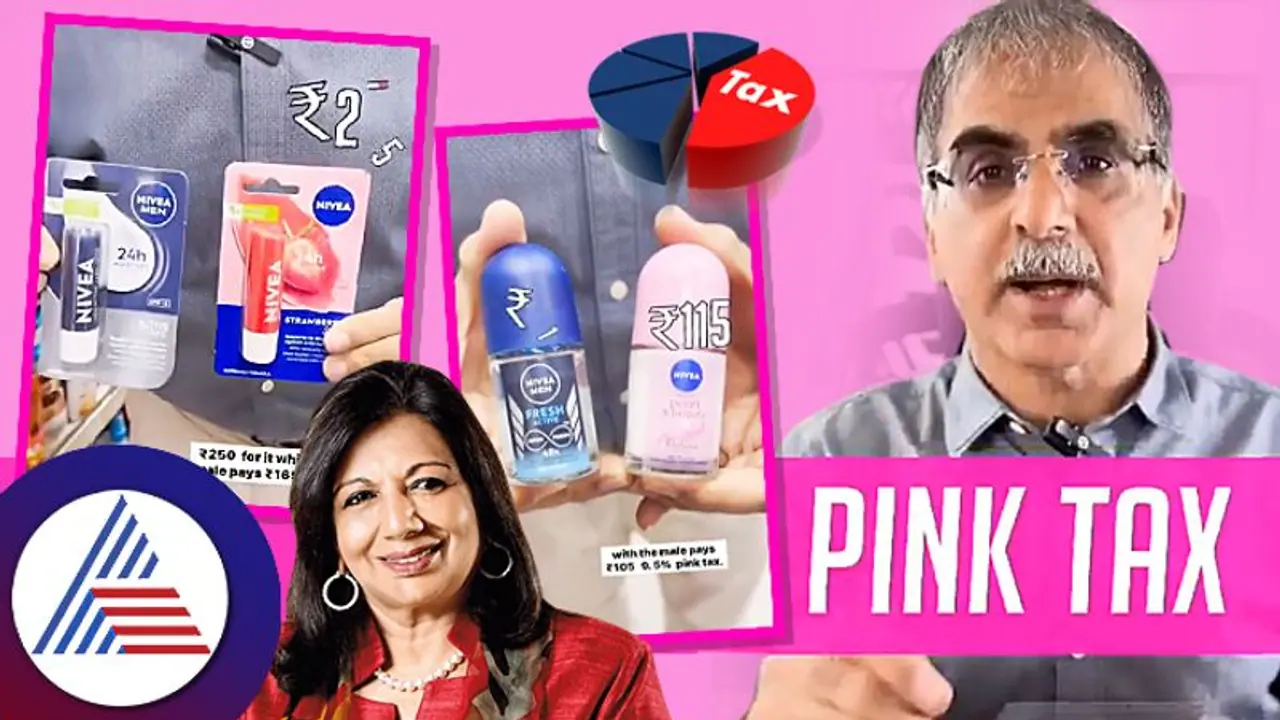Biocon Chairperson Kiran Mazumdar-Shaw strongly reacted to a video discussing the 'Pink Tax,' a term used by the World Economic Forum to describe gender-based price discrepancies. This inequality is notably observed in personal care items like razor blades, soaps, lotions, and deodorants. The video features Dr. Arora highlighting how women often pay more for products in the same category compared to men, leading to the concept of 'pink tax.' He points out various examples across industries, emphasising that women are charged higher prices for similar products marketed towards men.
In response, Kiran Mazumdar-Shaw expressed her views on the issue, denouncing the 'Pink Tax' as a gender bias that women should reject by avoiding such products. The video garnered diverse reactions from users of the platform, with one individual noting the significant markups on items labelled for women.
Another user agreed, questioning how to address this challenge—whether to opt for male products or refrain from purchasing these items altogether. Challenging the term 'tax,' one user argued that it is simply a market strategy, citing differences in preferences between men and women for various products.
Another user highlighted disparities in choices like haircuts and lip balms to illustrate the influence of demand and supply dynamics. Companies are indeed charging and profiting. So, why label it a tax? Could this term be a shield for companies? If both products offer the same ingredients and results, why opt for these pink-labelled products? When examining women's footwear or clothing, the lack of material is striking, often of lesser quality compared to men's products in the same price range.
Mentioning #womensday few men supported women, while others in the comments section debated the pink tax issue, some in favour and suggesting women purchase men's products. Women are often more brand-conscious and prioritise experience. For instance, Nivea knows that by slightly increasing prices, a portion of their consumer base may switch to petroleum jelly. Is the same true for women? This applies to brands like H&M as well wrote another.
Feel free to choose men's products; there are differences in ingredients, texture, and design tailored to male and female preferences. These products are not identical. Take time to read product descriptions before making a purchase. Women are especially particular about their product preferences.
Many women tend to avoid bargaining, hesitate to seek discounts, overlook better deals elsewhere, and make impulse purchases. Conversely, men typically engage in these practices. This is not bias, but a pricing strategy.
In the ongoing discussion, some men support the pink tax and suggest women opt for men's products, while women argue against it. Women express frustration, highlighting a long-standing issue
